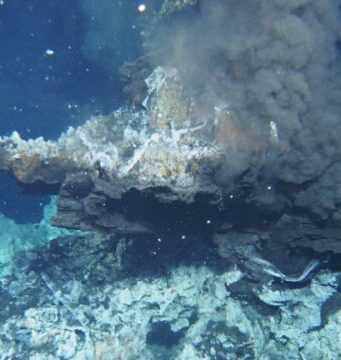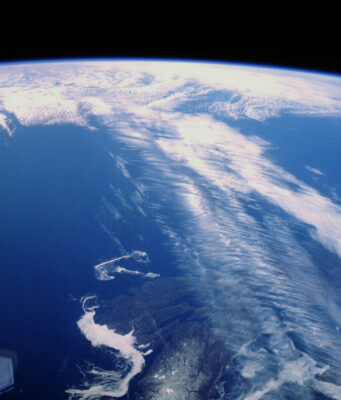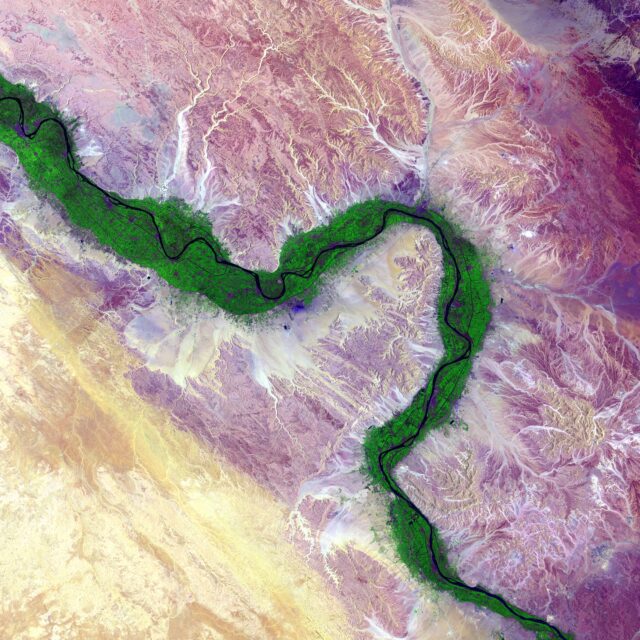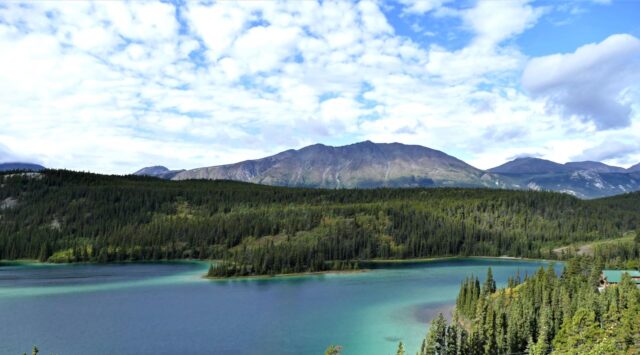The findings of a new study by the University of Liverpool provides further evidence of an approximately 200 million-year long cycle in the strength of the Earth's magnetic field.
Researchers performed thermal and microwave (a technique which is unique to...
Two new studies investigate activity at Hawaii’s Kīlauea leading up to and following the 2018 eruption to better understand the volcano’s plumbing and behavior.
Kīlauea in Hawaii is the best-monitored volcano in the world. The 2018 eruption was the largest...
Now Florida State University researchers have found that the extinction coincided with a sudden spike and subsequent drop in the ocean's oxygen content. Their findings were published in Nature Geoscience.
Two hundred fifty-two million years ago, much of life...
An international research team, including researchers from the University of Michigan, is proposing that increasing day length on the early Earth may have boosted the amount of oxygen released by photosynthetic cyanobacteria, thereby shaping the timing of Earth’s oxygenation....
Scientists from Cambridge University and NTU Singapore have found that slow-motion collisions of tectonic plates drag more carbon into Earth's interior than previously thought.
They found that the carbon drawn into Earth's interior at subduction zones—where tectonic plates collide and...
Scientists are building an accurate seafloor map can improve oceanographic and climate models, secure marine navigation, inform defence operations, and guide environmental decisions.
Marine scientists often feel like they're fumbling in the dark. The global ocean covers about 71 percent...
The data of tree rings register extreme storms of solar energetic particles (SEPs), far larger than the largest SEP event ever observed in the Space Era. The signature of 5410 BCE event ties the origin of this excursion to an...
Downstream water supply and economic losses could substantially disrupt Egypt, according to a new analysis that offers potential solutions to avoid conflict over the dam.
Rapid filling of a giant dam at the headwaters of the Nile River—the world's biggest...
Expeditions to a remote area of Yukon, Canada, have uncovered a 120-million-year-long geological record of a time when land plants and complex animals first evolved and ocean oxygen levels began to approach those in the modern world.
Hundreds of millions...
Earth's atmosphere was primed for an 'explosion' in the diversity of life as early as 2.7 billion years ago, a study of ancient diamonds has revealed. The atmospheric composition of volatile gases — such as hydrogen, nitrogen, neon, and carbon-bearing species —...
A new study reports the first global assessment of the extent of snow and ice cover on Earth's surface -- a critical factor cooling the planet through reflected sunlight -- and its response to warming temperatures.
The global cryosphere --...


















